View of some foothills located in the Eastern Cordillera of the Andes. The peaks in the background has a...
Explore Colombia
About Colombia
Colombia is renowned for its vibrant cultural heritage, including its love for salsa music and its lively carnivals. The country also boasts rich natural resources, including oil, gold, and emeralds, as well as stunning natural beauty. However, despite its many benefits, Colombia has faced various challenges such as crime, poverty, and political instability.
Thankfully, the situation in the country has improved significantly in recent years, and it is now much safer than in the past. This has made Colombia an increasingly popular destination for travelers, who are drawn by the opportunity to be among the first to explore this country that has been off-limits for a long time. Visitors to Colombia will find a warm and welcoming population, landscapes that are largely unspoiled, and cities that come alive with festivals and cultural events.
Geography
Colombia is divided into thirty-three departments, which are grouped into six regions: the Amazon, Andes, Caribbean, Insular, Orinoco, and Pacific. These regions offer a diverse range of landscapes, making Colombia one of the world’s richest countries in terms of biodiversity, particularly in the Amazon and Pacific regions, as well as in the smaller Magdalena Valley.
Statistics show just how remarkable Colombia’s biodiversity is. It boasts more bird species, frog species, and butterfly species than any other country. It also has an abundance of rivers and is home to the richest part of the Amazon rainforest, the wettest place on Earth. In addition, Colombia is the only country in South America that shares both a Pacific coast and a Caribbean coast. The Andes mountain range, which runs the length of South America, is also unique in that it splits into three ranges, offering a wide range of altitudes and providing ideal conditions for crops such as coffee, which thrive at specific elevations.
History
Colombia has a rich and fascinating history. The country was originally inhabited by several indigenous groups, including the Muisca, Quimbaya, and Tairona. In 1499, the Spanish arrived and conquered these indigenous people, using Colombia as a source of gold to send back to Spain during their occupation.
Many of the colonial buildings and fortifications built by the Spanish still exist today, especially in the city of Cartagena. After a period of unrest, wars, losses, and victories, the Spanish were finally defeated in 1822, leading to the establishment of the first constitutional government in South America. Colombia’s rich history has had a lasting impact on the country and its culture, and continues to be an important part of its heritage.
Top 10 cities by population
- Bogotá is the most populous city in the country, the nations capital, and third largest city in South America;
- Medellín is the nations’s center of innovation and commerce;
- Cali is the sport center of the country and is renown for it salsa;
- Barranquilla near the Caribbean Sea is famous for the Carnival of Barranquilla;
- Cartagena on the Caribbean coast is famous for its UNESCO World Heritage listed colonial walled city;
- Cúcuta is a tropical city close to the border of Venezuela.
- Bucaramanga near Venezuela is surrounded by beautiful landscapes and old colonial towns;
- Ibagué is known as the “Musical Capital of Colombia”.
- Pereira is situated in the coffee area at the foothills of the Andes;
- Santa Marta on the Caribbean coast is the oldest city in Colombia. It is famous for its beaches, and Tayrona National Park.
Top 5 things to do in or near Bogota
- Salt Cathedral of Zipaquirá is an underground Catholic church built in a salt mine 200 meters underground.
- Museo Nacional de Colombia is the National Museum of Colombia with artistic, historical and cultural collections.
- Monserrate is a mountain near the center of Bogotá. With unparalleled views of the city you can enjoy the view from some restaurants and cafes too.
- Museo del Oro is a museum that houses the biggest collection of gold works in the world.
- Plaza de Bolívar is a square in the historical section of Bogota. It is dedicated to Simón Bolívar and is surrounded by beautiful colonial buildings.
Top 10 natural tourist sites
- Sierra Nevada de Santa Marta National Park is the highest coastal mountain range on Earth. This UNESCO World Heritage Site rises as high as 5,770 meters {18,930 ft} and also has a number of archaeological sites.
- Tayrona National Natural Park on the Caribbean coast rises up as high as 900 metres (2952 ft). It has great beaches and is rich in biodiversity.
- The Coffee Triangle is a large area where coffee is grown. It has scenic landscapes, the tallest palms in the world, and some of the best coffee you will ever taste.
- Caño Cristales is dubbed the “The River of Five Colors” and is often called “the most beautiful river in the world”. The yellows, greens, blues, blacks, and reds are caused by a river-weed that is visible through the crystal clear water.
- Amazonas is a department that lies in the upper Amazon, the richest area of the Amazon for bio-diversity. This area is also better preserved than the Amazon in neighboring Brazil.
- San Andres is an island in the Caribbean belonging to Colombia. It is famous for its white silica sand, azure sea, palms, pirate history, and duty-free shopping.
- Providencia is a Caribbean island north of San Andres. Rather than being a coral quay it is a rocky island with stunning beaches, palm trees, high hills, and coral gardens.
A typical street in the wealthy suburb of La Merced in Bogota, Colombia. In view are some homes in...
View of Santo Domingo a suburb of Medellin in Colombia as seen from the suburb of Popular. The black...
The city of Medellin sits in a valley with a longer north south projection than east and west. Pictured...
Medellin Colombia North South View
Medellin photos, Buildings, Cities, Landscape / Horizontal, SkyscrapersExpansive view of Medellin in Colombia as seen from the north in the suburb of Santo Domingo Savio looking...
The Medellin River flows for 60 km (37 mi) and through the Colombian city of Medellin. After that, the...
View of the Metro Cable passing through the Medellin suburb of Popular. The Metrocable opened up this once dangerous...
The Metro de Medellín serves the city with a railway network that runs north to south. It also connects...
View of the Metrocable in Medellin Colombia from Acevedo railway station. Metrocable is a gondola transport system that reaches...
Palacio de la Cultura in Medellin
Medellin photos, Buildings, Cities, Landscape / Horizontal, People, TransportPalacio de la Cultura in Medellin houses historical archives, a library, art gallery, and a museum. Located in the...
View of Popular a suburb in northern Medellin, Colombia. Popular is on the Metrocable transport system (Line K) which...
View of the square in Pueblito Paisa (Little Town) in Medellin Colombia. Located on the top of Nutibarra Hill,...
Calendar
| M | T | W | T | F | S | S |
|---|---|---|---|---|---|---|
| 1 | 2 | 3 | 4 | |||
| 5 | 6 | 7 | 8 | 9 | 10 | 11 |
| 12 | 13 | 14 | 15 | 16 | 17 | 18 |
| 19 | 20 | 21 | 22 | 23 | 24 | 25 |
| 26 | 27 | 28 | 29 | 30 | 31 | |
Popular Posts
- Awakening New Zealand video (100)
- Iguazu Falls as seen from Brazil (87)
- Metrocable Medellin (78)
- Pauatahanui Inlet (69)
- Spinnaker Hill View (68)
- Spinnaker Hill in Whitby Porirua (68)
- View from Whitby (68)
- The Devil’s Throat (62)
- Aerial View of Iguazu Falls (61)
- Porirua Harbour & Papakowhai (57)
- Lake Wakatipu (57)
- Salto Rivadavia & Iguassu River (56)
- Lake Tekapo & Lupins (54)
- Nelson View (53)
- Salto Rivadavia Misiones Province (53)
- Cascadas at Iguazu (53)

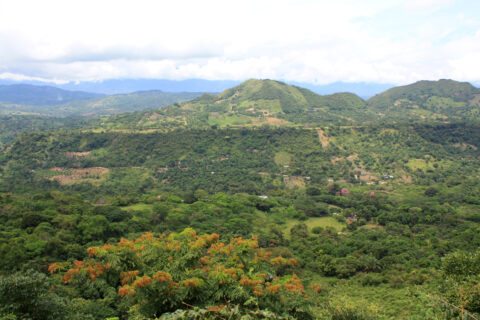
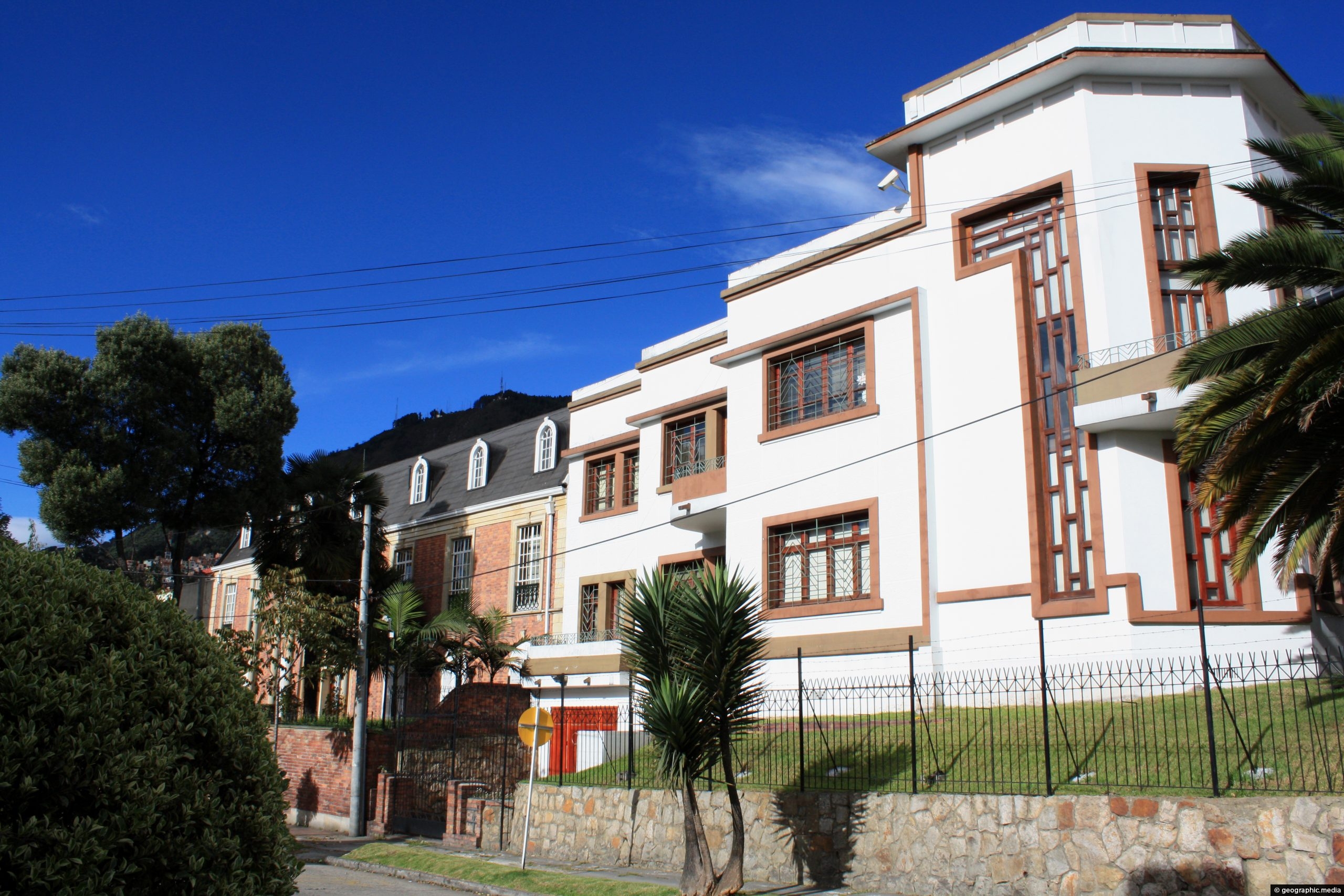
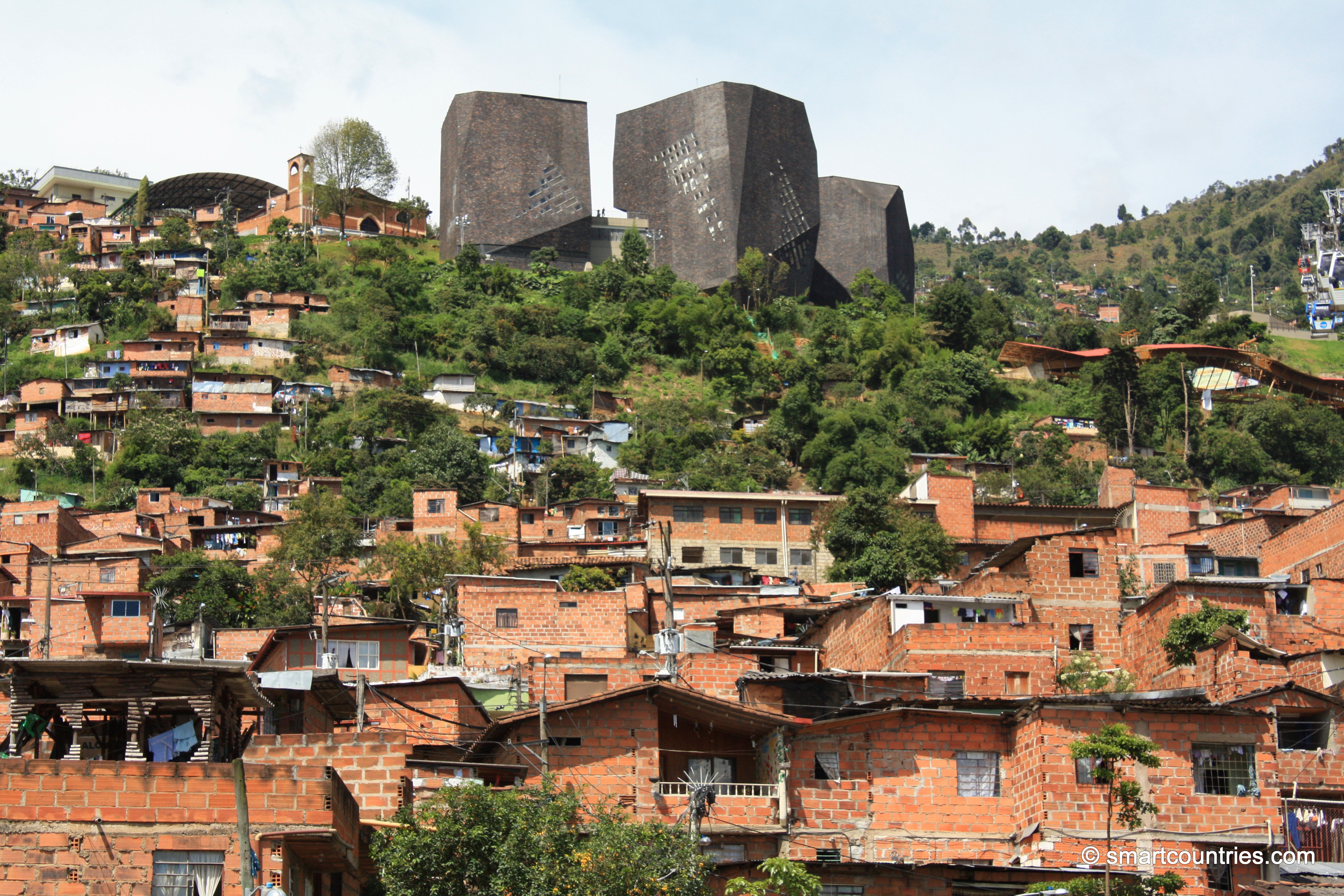
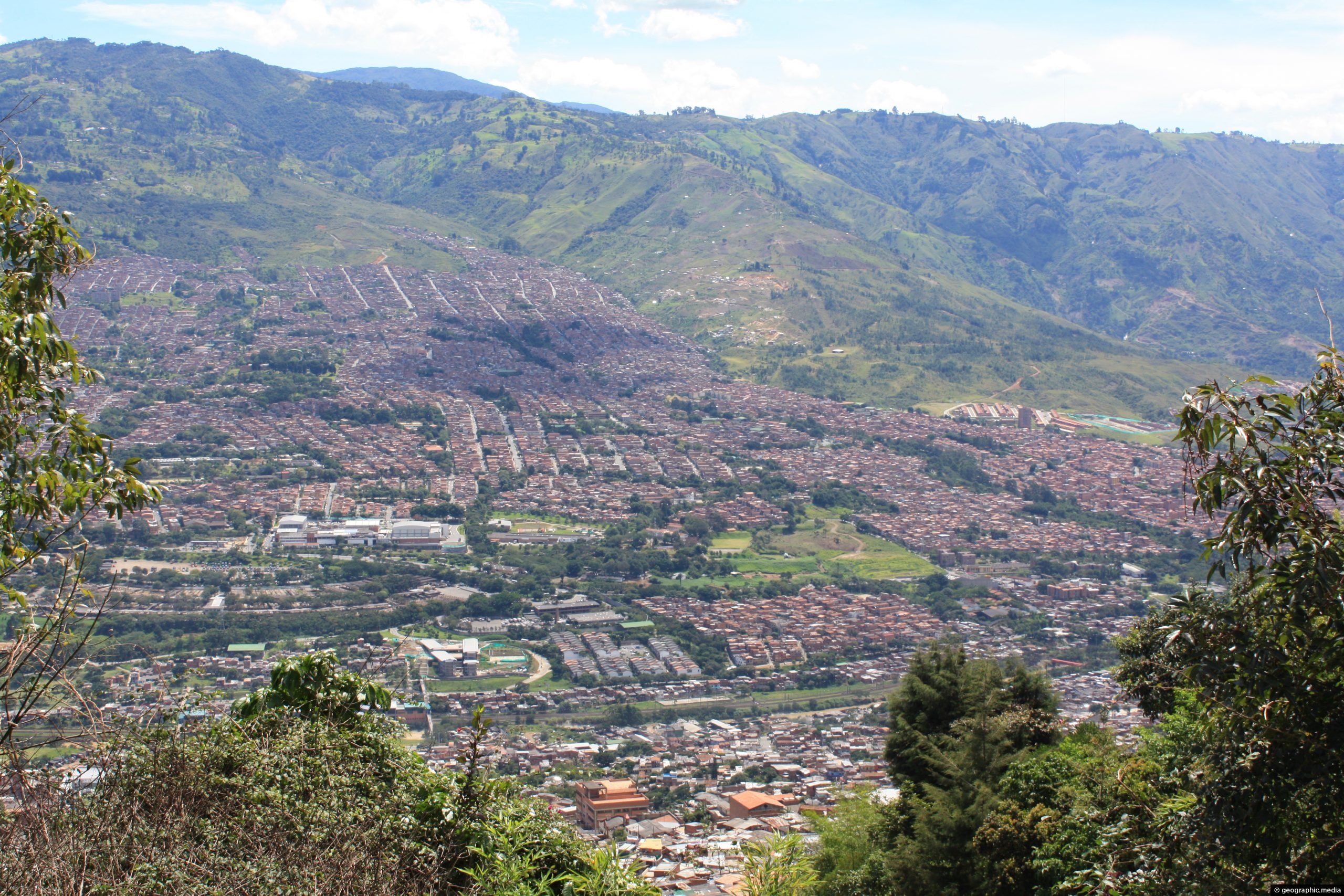
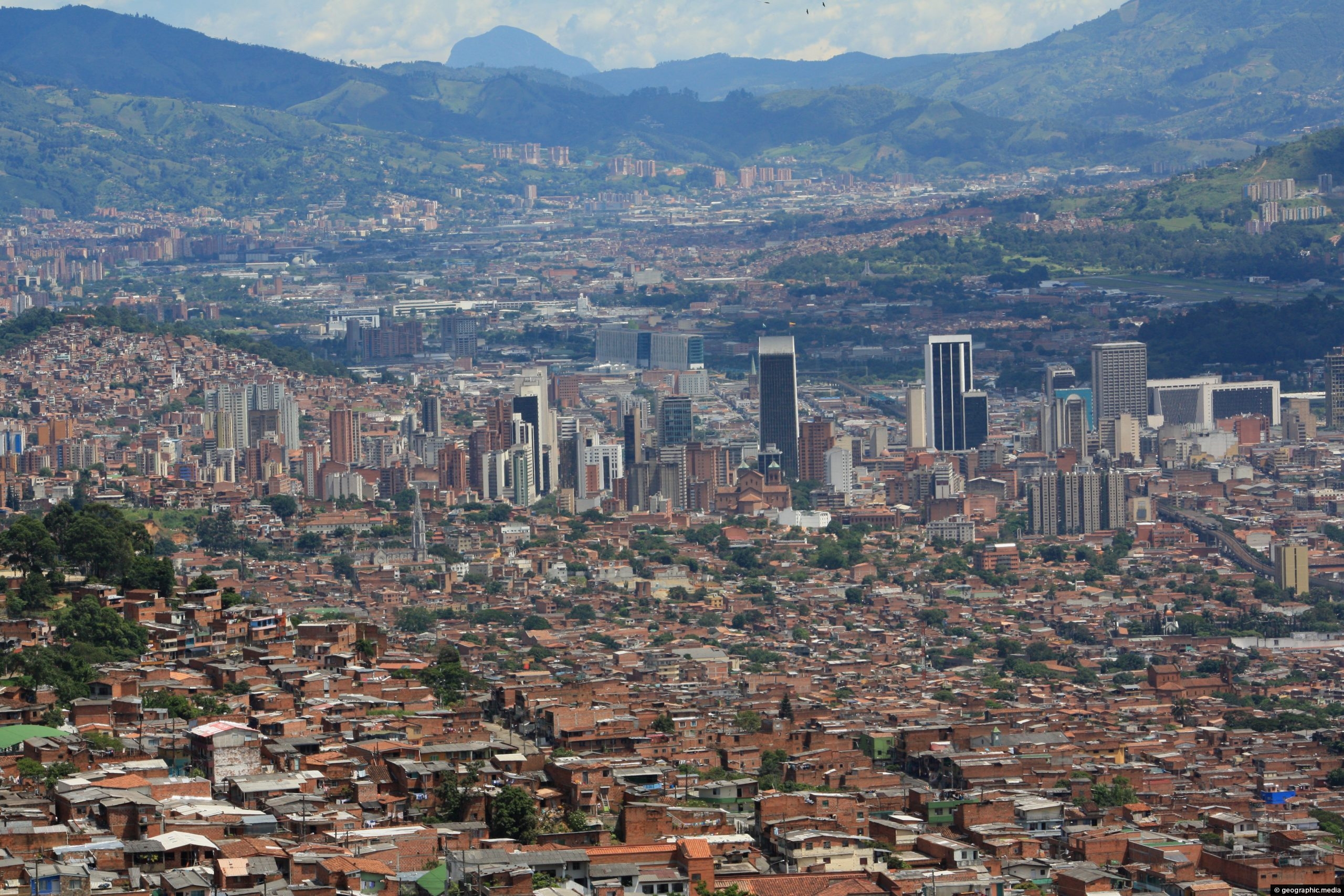
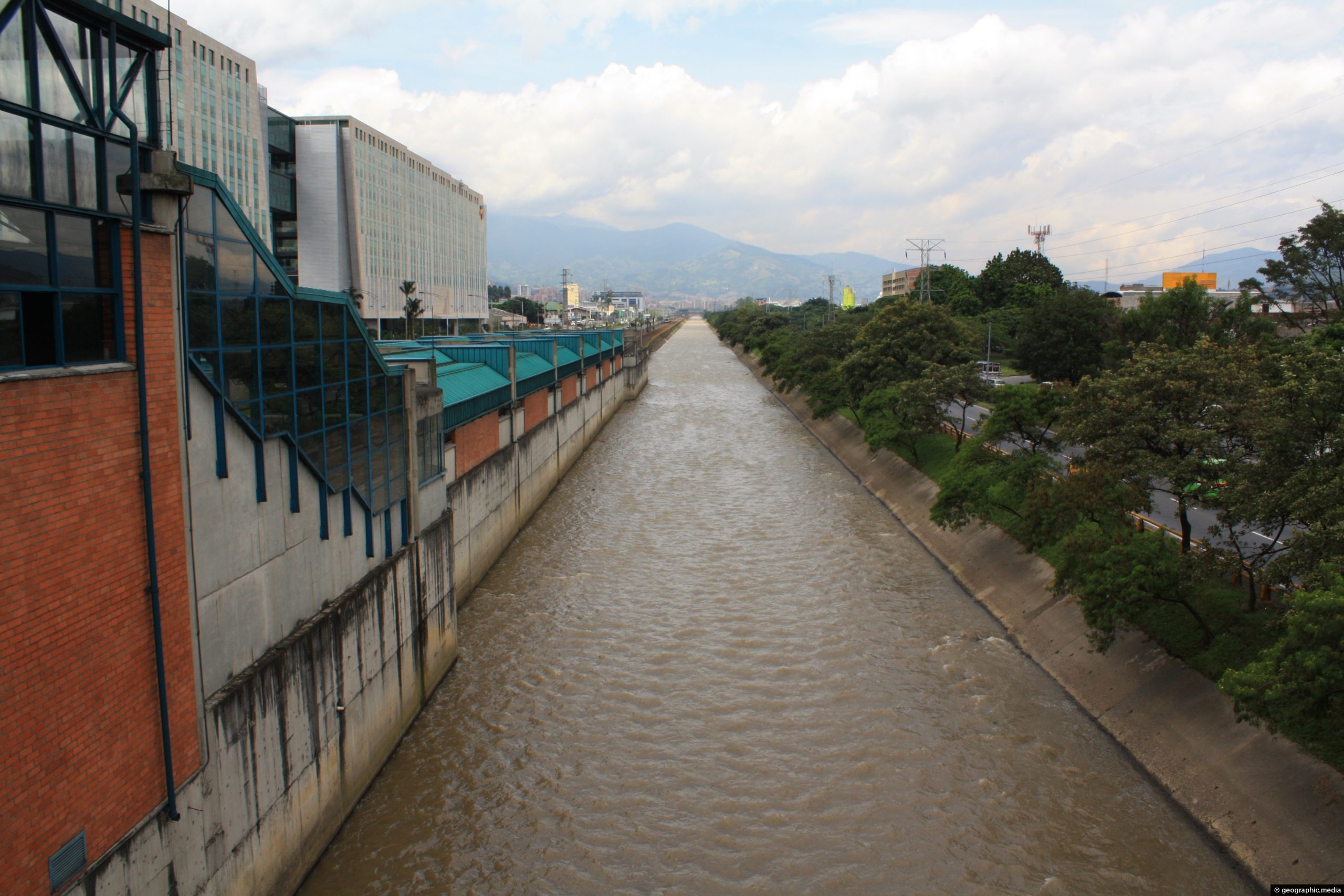
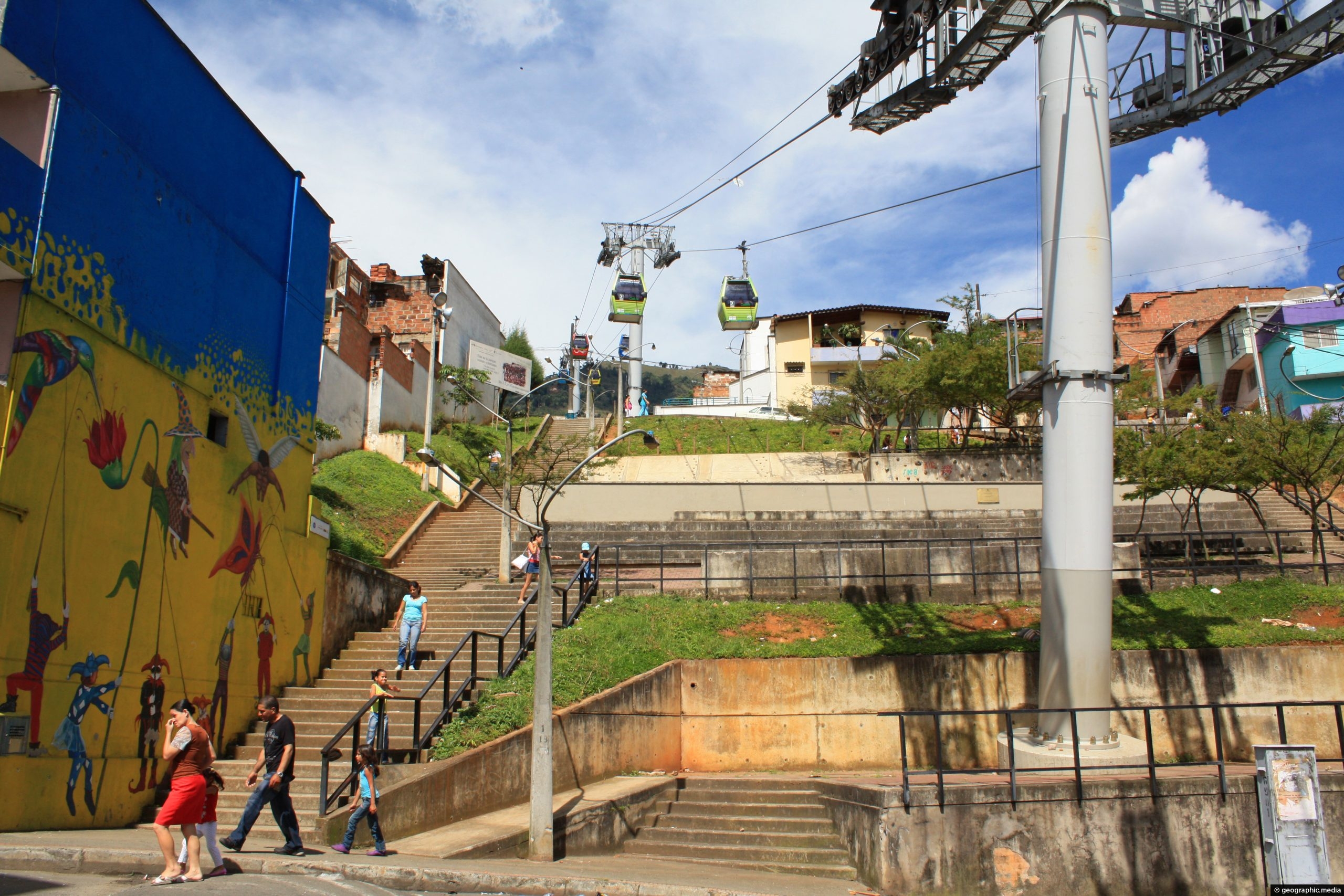
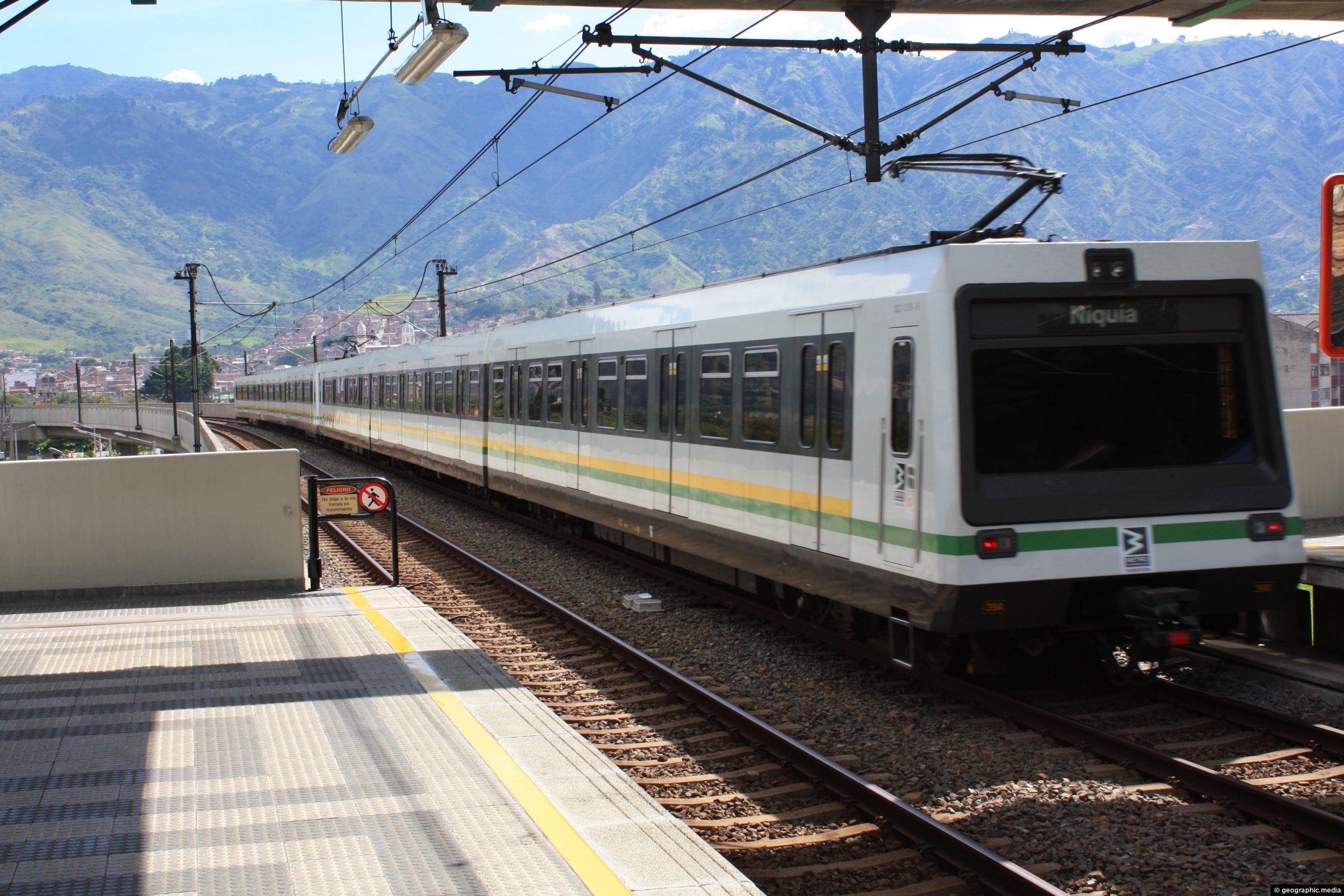
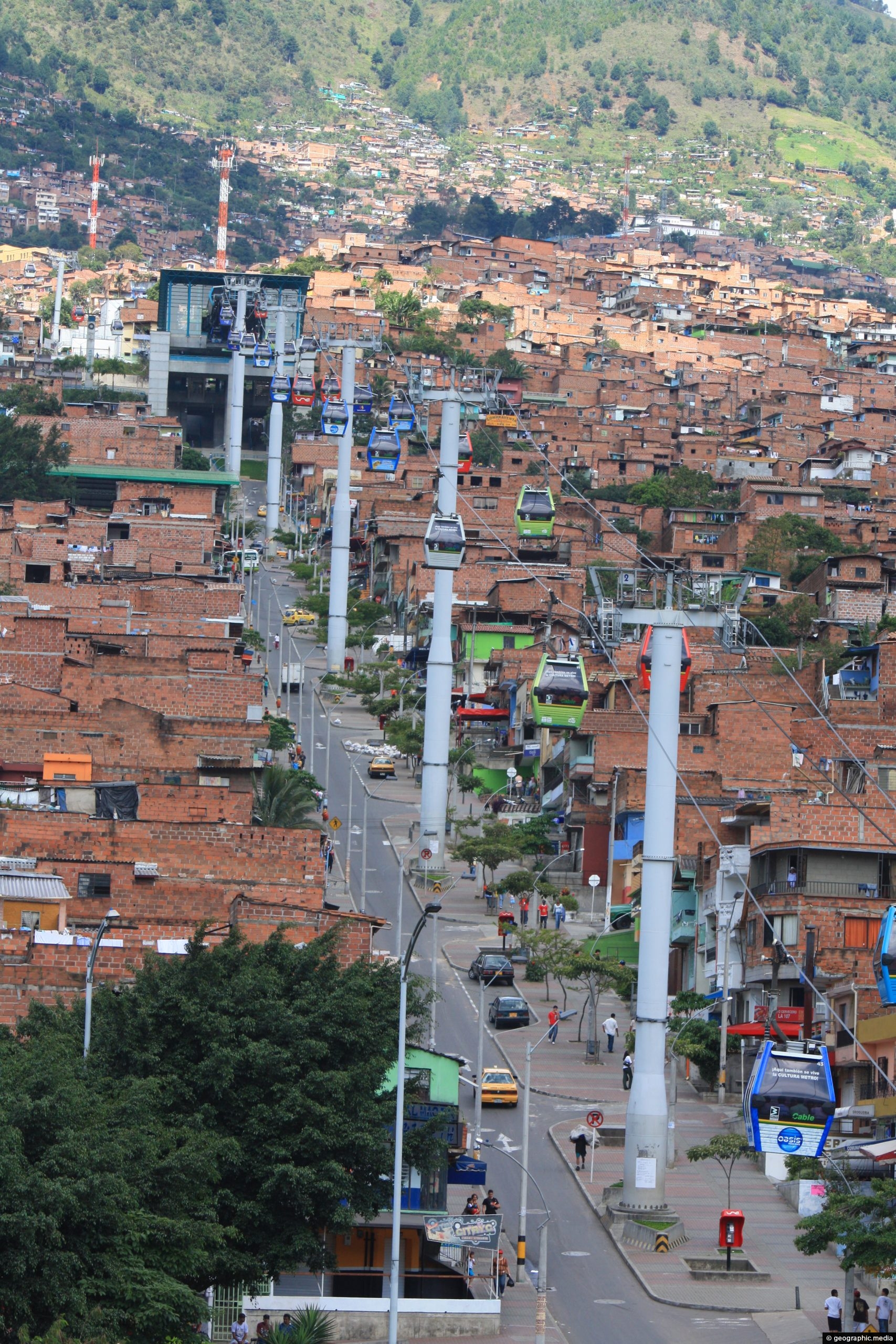
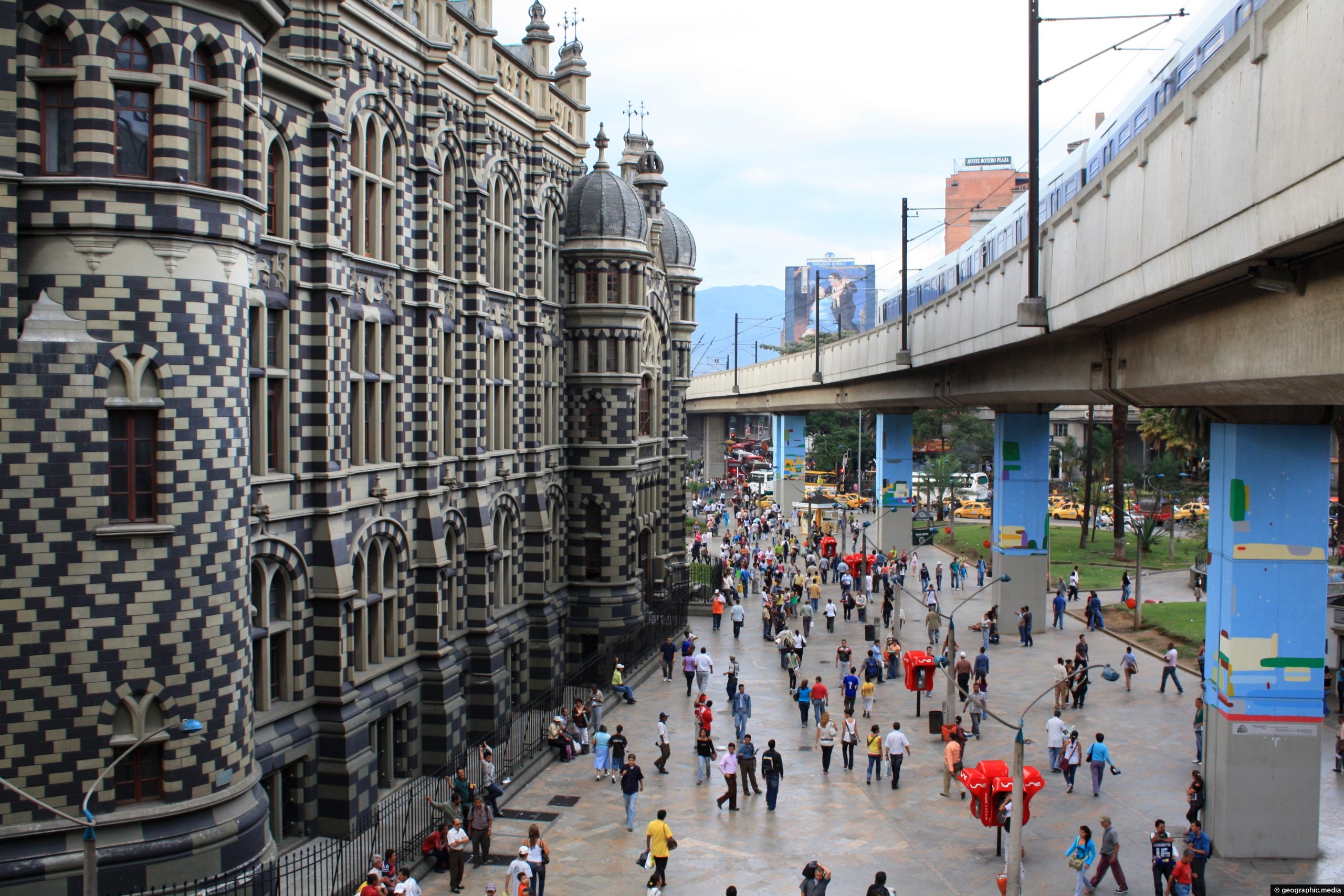
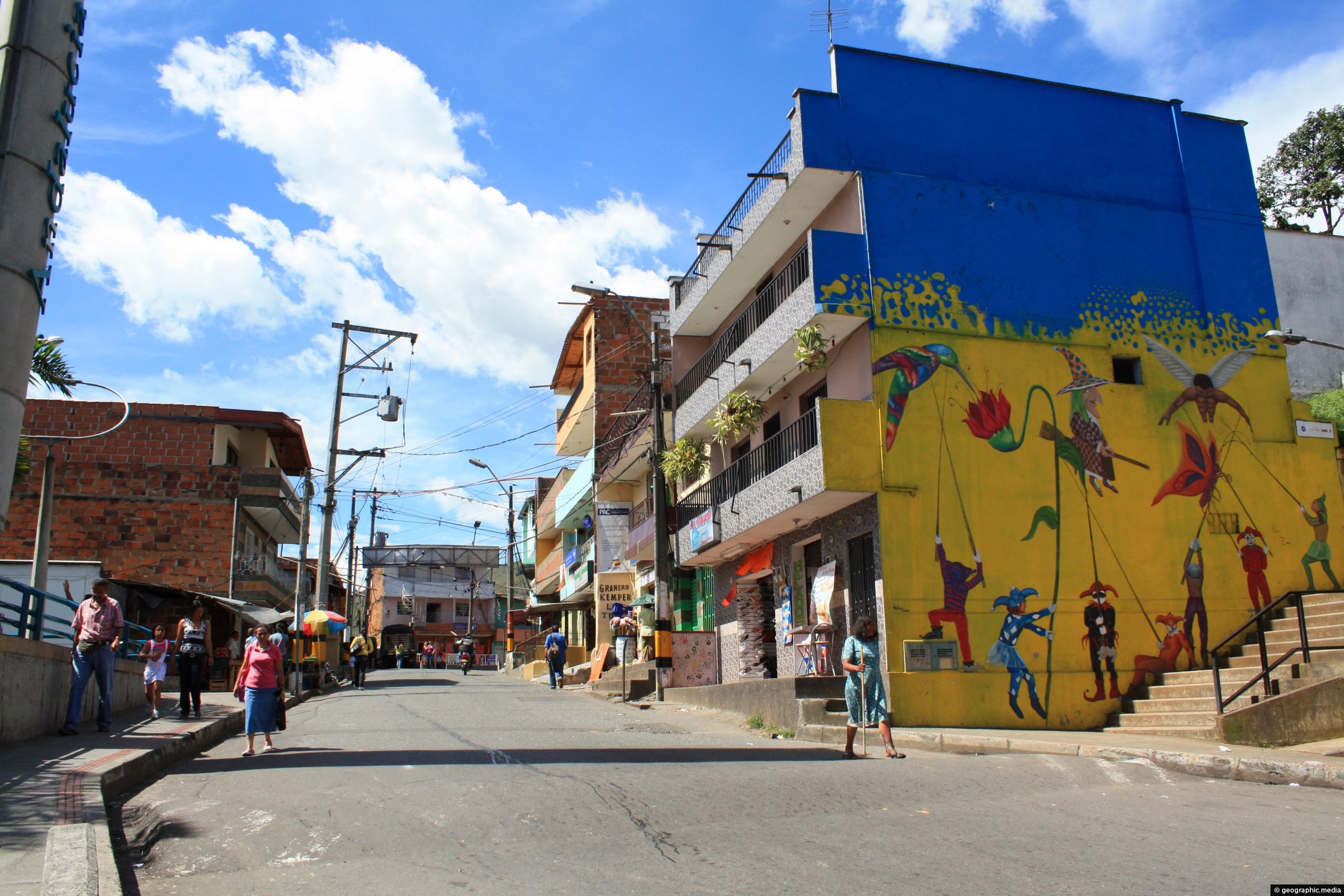
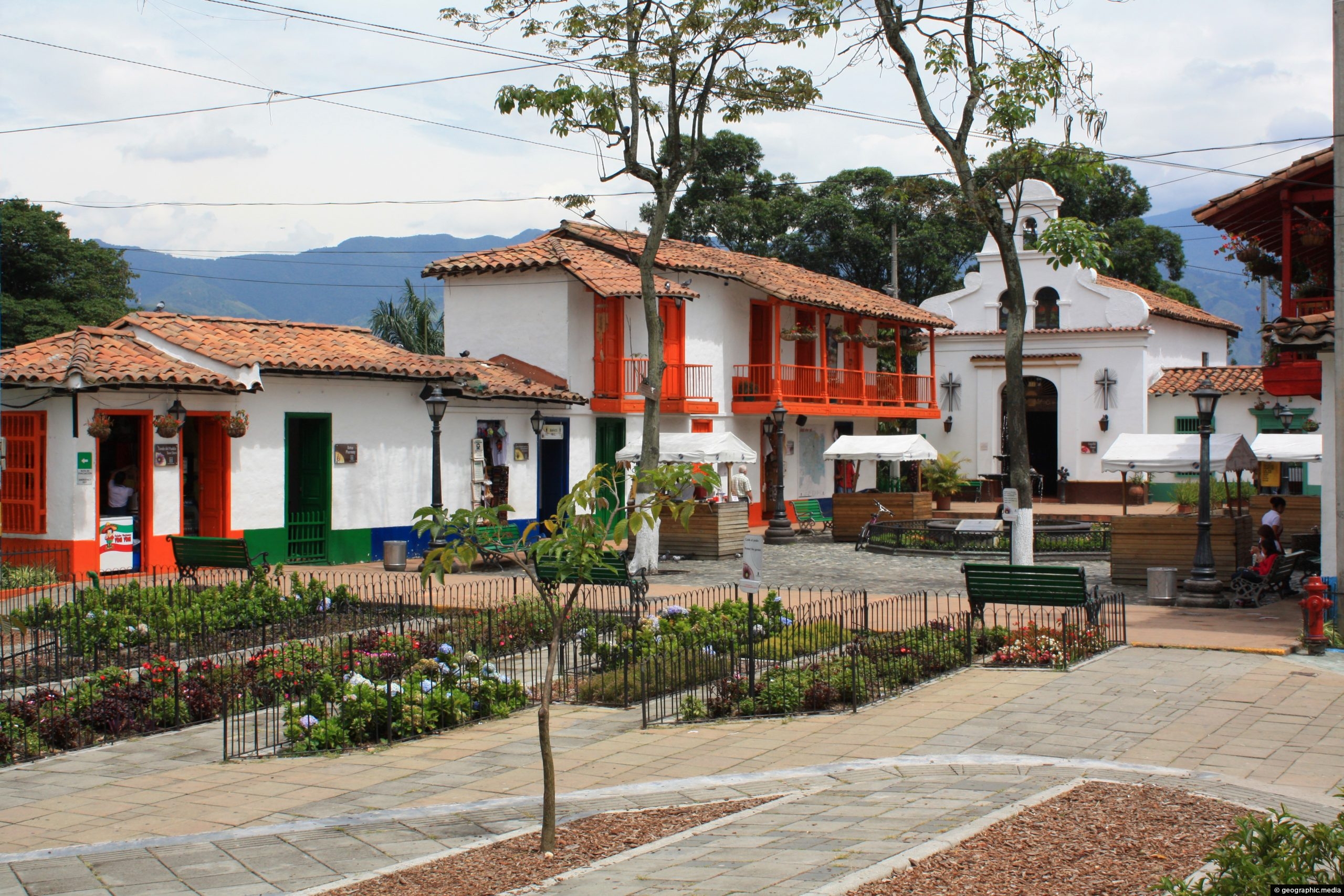
Recent Comments